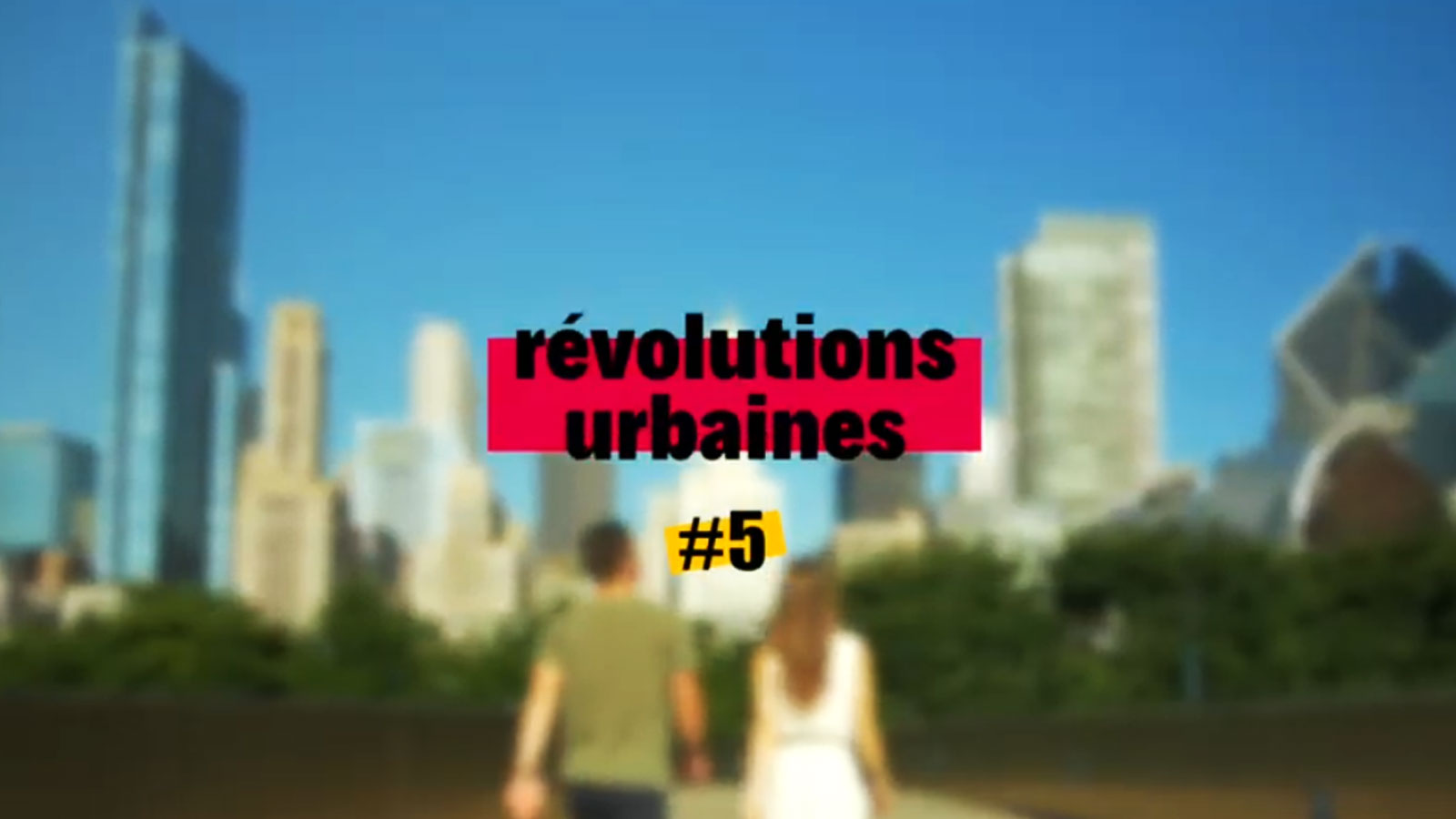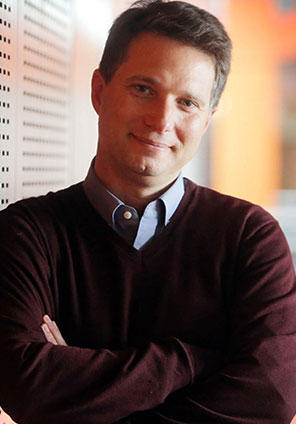The Smart City is at the centre of our preoccupations. But what will the city of tomorrow look like? What will be the new challenges for smart cities?
Praemia REIM has spoken to a number of Smart City experts to answer these questions. For episode 5 of our “Urban Revolutions” show, Fabien Cauchi, Founder and chairman of Metapolis, a company that supports local government digital transition projects, gives us his vision of the smart city.

YouTube will only allow users to watch its videos if they accept the installing of trackers so that they can be shown targeted advertising according to their browsing history. You have rejected marketing cookies, including from YouTube. If you accept marketing cookies, trackers will be installed and you will be able to watch the video. You may withdraw your consent at any time by visiting our personal data and cookie policy page.
Change my consent preferencesWhat is the open city, the Smart City?
Fabien Cauchi: We talk about the Smart City, the smart district and even sometimes the open city. Society is being transformed by digital technology in the broadest sense. And evidently districts, urban services and public services are also being transformed by this technology and the uses and habits that result from them.
So when we talk about an open city or a smart community, we are more than ever talking about the different impacts that transform our city living habits. Indeed it is also about how local governments and public operators approach this transition by trying to do it in a public interest context and therefore proposing a better service quality for all inhabitants, citizens and users of the city and district.
What role is real-estate going to play in the Smart City?
FC: Real estate is evidently a fundamental element. It is the city, the Smart City, the housing estate, the place where we live. Buildings are therefore indispensable and will be affected by this digital transition in the same way as all the other components of the city.
When we talk about a smart city, we are generally thinking “energy”, “mobility”, “environmental qualities”, etc. We don’t always think of “real estate” in the beginning with but that does come in very quickly. This “immobile” real-estate is transformed by these new types of mobility, new uses and new habits.
How are office buildings going to transform with the Smart City?
FC: Office buildings are being thoroughly shaken by the digital transition. Digital technology is transforming the way we imagine and manage a building on a day-to-day basis (access, maintenance, upkeep).
Technology such as BIM will allow us to design the building’s construction, arrangement and maintenance projects at the same time. The Building Management System (BMS) will make managing buildings easier thanks to digital technology. We also consider how the building will fit into all of the local government run urban networks (smart parking). Thanks to the use of new forms of energy, the building can become an energy positive building. They can produce their own clean energy, power the local distribution network house their own energy storage units. They can become part of a mobility network and other more global networks which are themselves digitalised.
The buildings are therefore all encompassing but they are also a component, a brick in the much more global structure of the city.
In the end we will be in the Smart City, in the global transformation of uses. We are talking about a usage economy. It transforms the way that we use and consume the building. So we can consider the “mixed usages” and have different usages in the same building during the same day.
The city of the future is...

The city of the future is a city which gets the best out of new technology and the new uses thereof to provide a better service to the individuals in an environment that will be more protected the interests of the many not just the few.



 et Firefox
et Firefox 